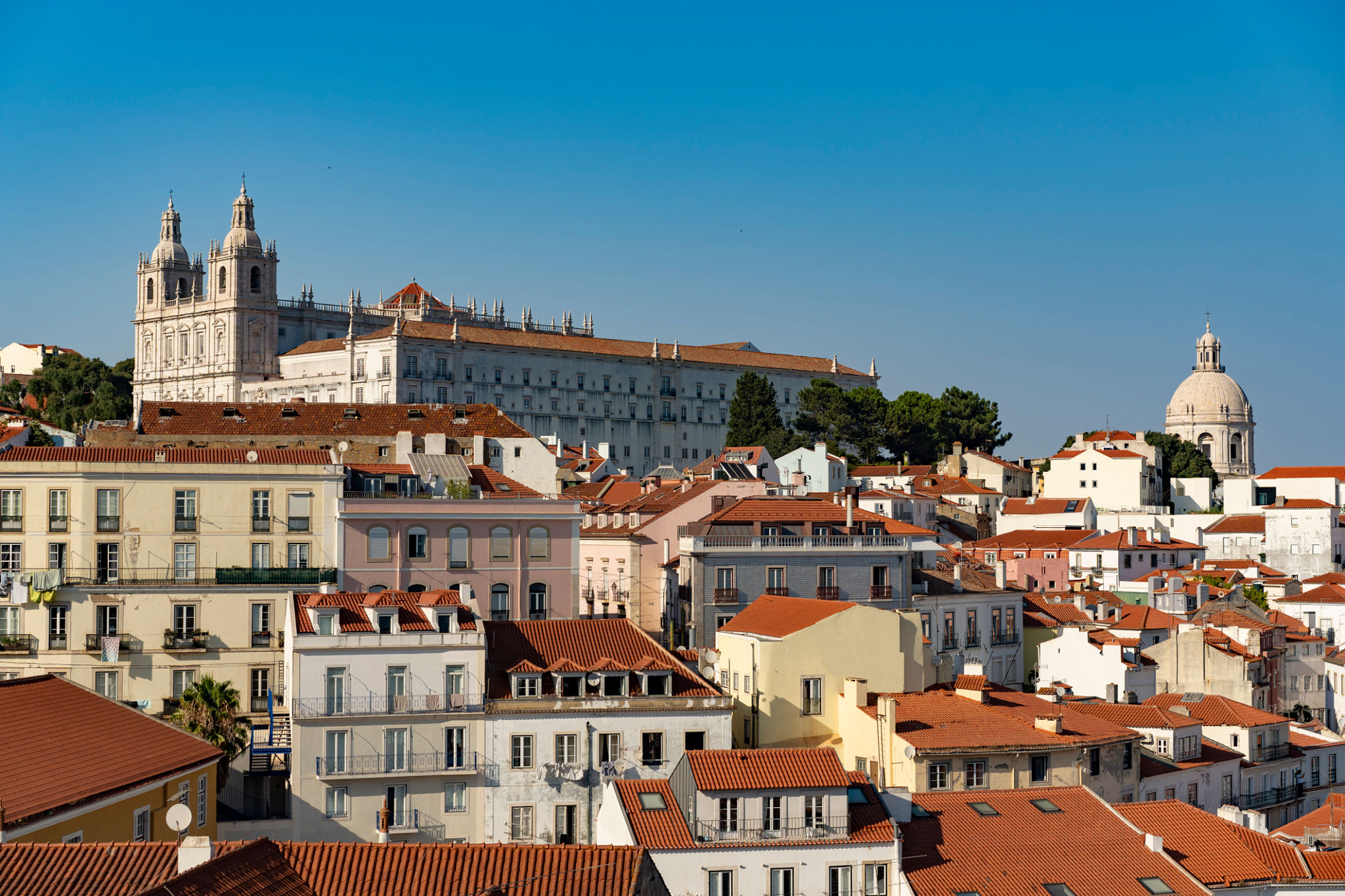Top Architectural Trends Shaping Lisboa's Skyline
Introduction to Lisboa's Evolving Skyline
Lisboa, a city known for its rich history and stunning architecture, is experiencing a transformation. The skyline, once dominated by historical landmarks, is now being reshaped by innovative architectural trends. These changes reflect both the city’s commitment to preserving its heritage and embracing modernity.

Integration of Green Spaces
One of the most prominent trends in Lisboa's architecture is the integration of green spaces. Modern buildings are increasingly incorporating terraces, vertical gardens, and rooftop parks. This trend not only enhances aesthetic appeal but also promotes sustainability by improving air quality and reducing urban heat.
Architects are designing structures that blend seamlessly with the natural environment, creating a harmonious balance between urban life and nature. This approach is crucial for a city that values its scenic beauty and ecological responsibility.
Adaptive Reuse of Buildings
Another significant trend is the adaptive reuse of historical buildings. Lisboa has a wealth of old structures that are being thoughtfully transformed into hotels, offices, and cultural centers. This practice preserves the city's architectural heritage while meeting the demands of modern urban life.

Adaptive reuse is a sustainable approach that minimizes demolition waste and retains the cultural identity of the city. It also offers unique design challenges and opportunities for architects to innovate within existing frameworks.
Minimalist and Functional Design
The trend towards minimalist and functional design is gaining traction in Lisboa. Clean lines, open spaces, and a focus on functionality characterize this architectural style. Such designs not only provide aesthetic simplicity but also enhance the usability of spaces.
Minimalism in architecture emphasizes the use of natural light and sustainable materials, reflecting a broader trend towards eco-friendly building practices. This approach aligns with the city's commitment to reducing its environmental footprint.

Technological Integration
Technological integration is playing a crucial role in shaping Lisboa's modern architecture. Smart buildings equipped with advanced systems for energy management, security, and communication are becoming more common. These innovations enhance the efficiency and comfort of urban living.
Moreover, technology is also being used to preserve and enhance historical sites, providing virtual tours and interactive experiences that attract both locals and tourists.
Conclusion: A Future-Ready City
Lisboa's skyline is a testament to the city's ability to honor its past while looking forward to the future. The architectural trends shaping this transformation are rooted in sustainability, innovation, and a deep respect for cultural heritage. As these trends continue to evolve, Lisboa will undoubtedly remain a vibrant and inspiring city, ready to meet the challenges of tomorrow.
